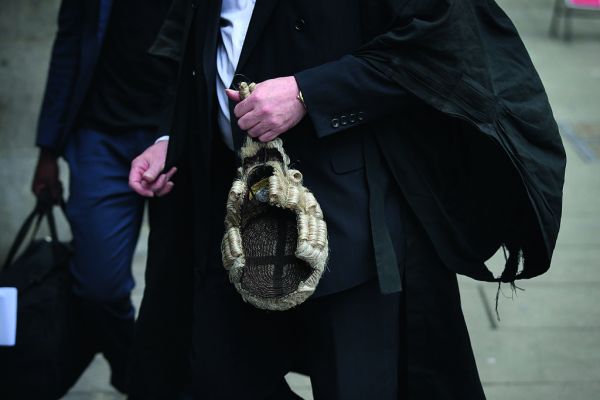
More than half of chambers say they could not survive more than six months without financial aid, if current circumstances persisted, and 81% could not last a year.
However, less than a quarter of chambers intend to take up the government’s Coronavirus Business Interruption Loan Scheme (CBILS)―heads of chambers were uncertain about whether they would qualify for the scheme as well as what the terms entailed and what level of debt would result.
The survey
uncovered grim news for those poised to begin their careers. Some 30% of
chambers are changing their plans for pupillage starting in 2020 or 2021, and
will or may not be taking pupils as planned. A further 24% are currently
unsure, and continue to review the position.
Criminal law
is the most affected area―two thirds of chambers said they could not survive
six months and 90% could not last a year. 60% of criminal chambers are
furloughing clerks and other staff, more than half are taking urgent measures
such as renegotiating their lease, and 36% are changing their plans for
pupillage, while a further 22% are unsure.
Amanda Pinto
QC, Chair of the Bar, said: ‘We continue to urge the Ministry of Justice and
government to give immediate support to the Bar, especially those in the early
stages of their practice and those doing publicly funded work.
‘Whilst the
measures introduced last week by the Chancellor of the Exchequer to help the
self-employed were welcome, the self-employed Bar and chambers have needs that
have not been addressed. Having canvassed the Bar through our survey, we have
identified consistent concerns that chambers are facing, which we have raised
as a matter of urgency with the government. We continue to press for action on
these issues.’
In particular,
the Bar Council points out that pupils and the most junior tenants are not
eligible for hardship relief as first six pupils are not categorised as either
employed or self-employed, and new tenants do not have a 2018/19 tax return. It
expresses concern that parents returning from parental or adoption leave may
lack a tax return for last year or have low income. Moreover, it notes that
childcare costs are not tax deductible and, as the publicly funded Bar is more
diverse than other areas, barristers from more diverse backgrounds are more
disadvantaged by the current crisis.









